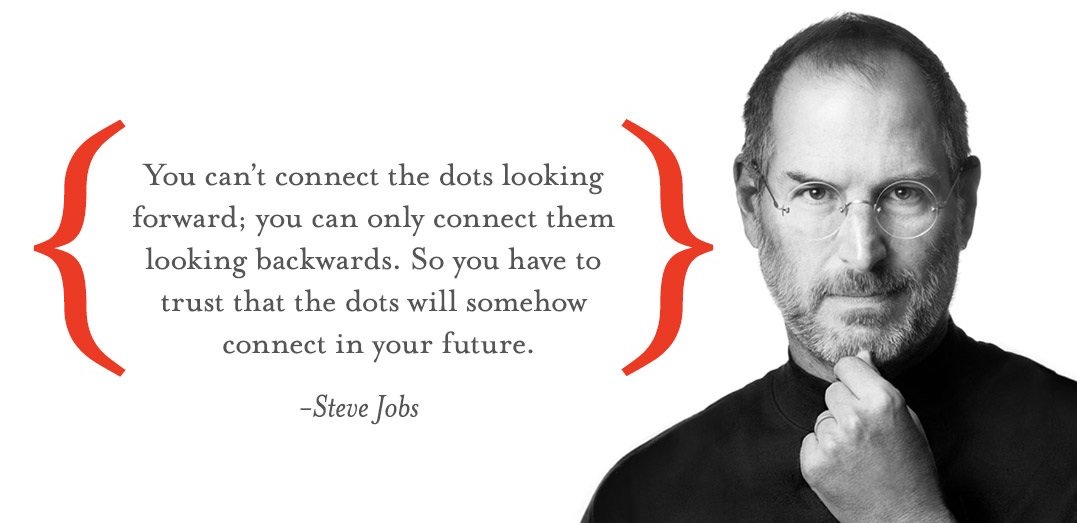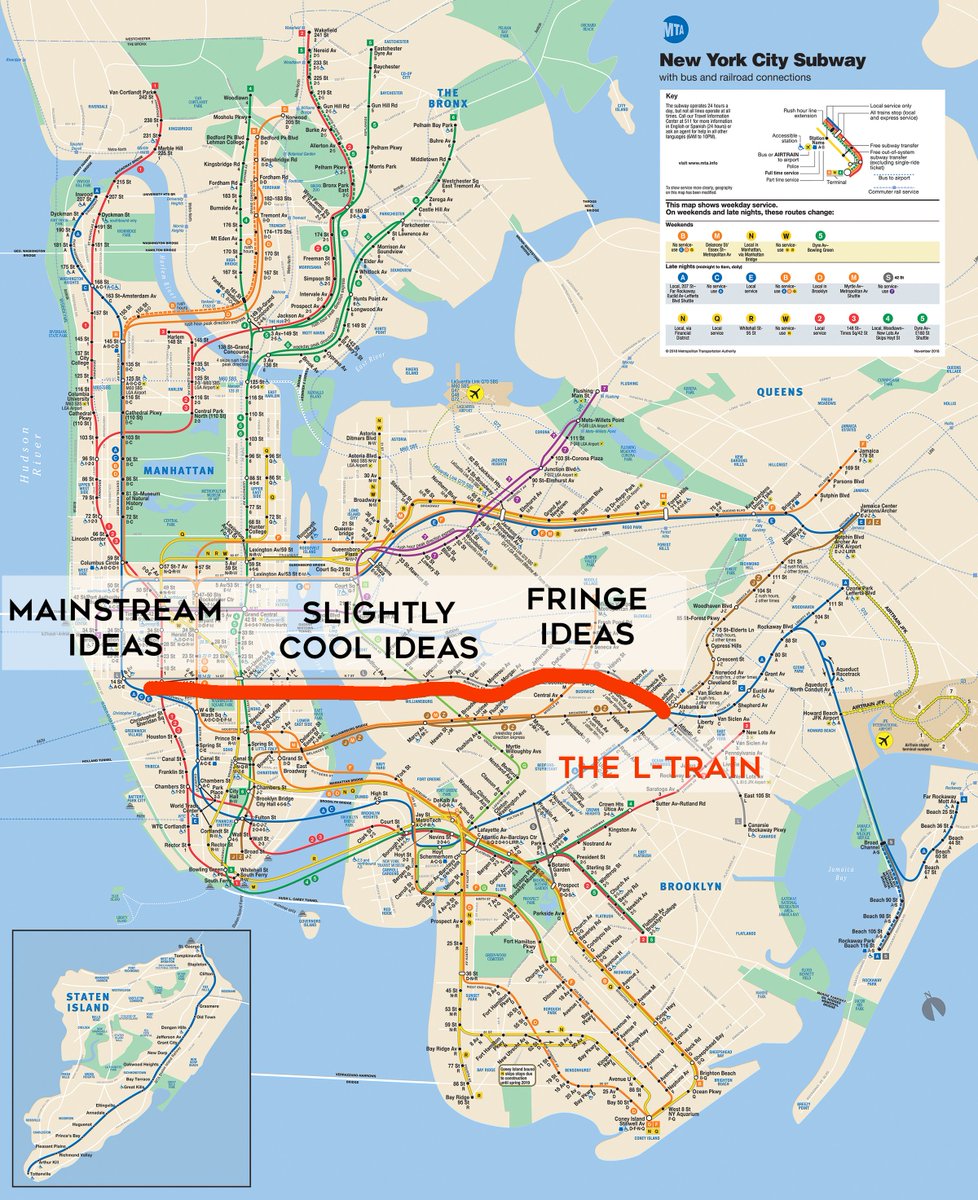👇 Thread 👇
1⃣ Listen to the signal. Ignore the noise.
2⃣ Predictability is good. Beware of uncertainty.
3⃣ Pursue useful knowledge. Avoid useless knowledge.
1⃣ Listen to the noise.
2⃣ Embrace uncertainty.
3⃣ Chase useless knowledge.
Evolution feeds on randomness.
Randomness — mutations and sexual recombinations — are the building blocks of novelty.
Then, natural selection sifts for advantageous changes.
Unexpected events contain the most information.
Orderly and predictable systems generate no new information.
Deterministic plans rarely lead to new ideas.
It emerges under the right conditions.
Innovation requires freedom.
Knowledge is the source of new wealth.
New knowledge cannot come from a state of equilibrium.
Experiments are the seeds of new knowledge.
Progress depends on experimentation and entrepreneurial randomness.
The potential for new knowledge depends on the possibility of failure.
“The seeker of assurance and certainty lives only in the past which alone is sure.” — George Gilder
Our thoughts and experiences filter what we see. The brain is constrained by what we have known and experienced.
When we're awake, the brain looks for certainty and tries to reduce uncertainty.
But we need chaos and randomness.
The dreaming brain is isolated from our usual sensory constraints.
When we dream, unpredictable noise enters our awareness.
This noise – this randomness – may be the unlikely source of all things creative.
nautil.us/blog/the-noise…
To start over and be a student again forces you into a different frame of mind.
"The heroic struggle of people is to use energy to create pockets of order and information." - @eugenewei
perell.com/podcast/eugene
Almost every discovery has a long and precarious history.
Weird, eclectic ideas look useless.
Over time, they become useful as the world becomes more complex.
Useless now.
Useful later.
We chase pragmatism at the expense of curiosity.
We pursue efficiency at the expense of serendipity.
“The real enemy is the man who tries to mold the human spirit so that it will not dare to spread its wings.”
Don’t ask: “what will this technology do?”
Ask: “what happens when everybody has one?”
"The real voyage of discovery consists not in seeking new lands but seeing with new eyes.” — Proust
Innovators live inside a reverie of wonder.
We intrinsically want more known knowns.
But opportunity lies behind unknown unknowns.
Serendipity is the process by which we discover unknown unknowns.
In college, Steve Jobs took a calligraphy class.
He called it “beautiful, historical, artistically subtle in a way that science can’t capture.”
It paid off 10 years later.
Can only connect the dots looking backward.

Curiosity is the guiding principle in science and innovation. But we marginalize it.
We forget that progress depends on messiness, rebellion and insanity.
"A writer is someone who has taught his mind to misbehave.” — Oscar Wilde
Embrace noise.
Pursue randomness.
Maximize serendipity.
✌️
- @cesifoti
- @fortelabs
- @wolfejosh
- @NautilusMag
- @brainpickings
This excellent 1939 essay: "The Usefulness of Useless Knowledge."
brainpickings.org/2012/07/27/the…
Highly recommend this interview with @wolfejosh
⭐️ perell.com/podcast/josh ⭐️











